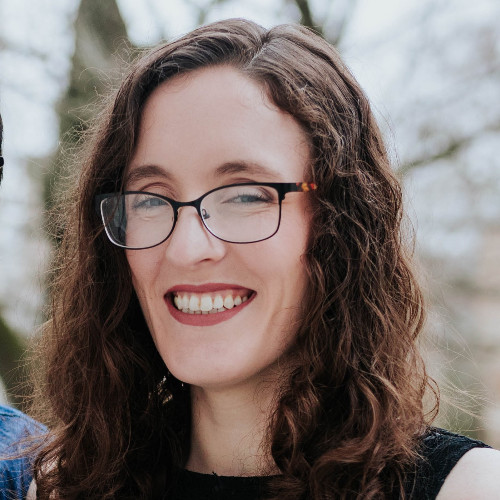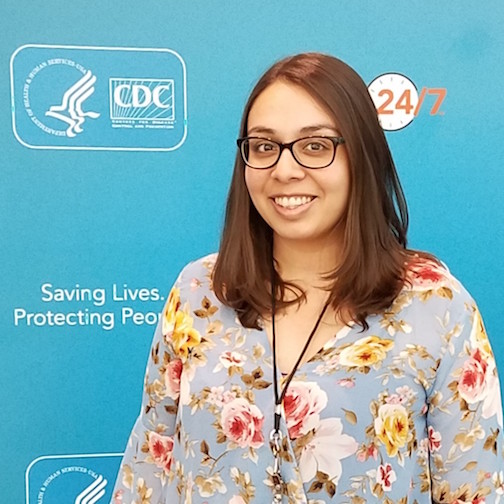It’s Complicated: The Relationship Between Scientists and The Public
News Article by Shannon Loelius, PhD Candidate
“Oh you must be so smart, I’m too stupid for that.” I was buying some arugula from a farmer when he asked me what I researched. I started to explain when he drops that line. I’m caught off guard – I’m always caught off guard by this line, no matter how many times I’ve heard it.
Freytag’s Pyramid: A Postdoc’s Story of Transitioning to Professor
News Article by Virginia Glazier, Assistant Professor Of Biology at Niagara University and URBEST Alumni
When I reflect on my job hunting experience, I can’t help but notice the similarities to the dramatic arc of a play. It begins with an exposition and initial incident that brought me to the job market, followed by the rising action of job applications, the climax of the job offer(s), the falling action of making a decision, and the dénouement of my new position at Niagara University. Like so many stories, my story has drama, suspense, and (thankfully) a happy ending.
I’m the Captain Now: Navigating Fellowships and Internships
News Article by Marhiah C. Montoya, Doctoral Candidate
The end is near. No matter what year you are in your graduate education, the end is always near. As proactive adults in higher education, we need to be thinking about what the next step is in our careers and how we must prepare so we are ready for that next step. This blog post is based off my experience in finding a fellowship at the Centers for Disease Control & Prevention (CDC) and is my logistical advice of how find and take advantage of an internship to achieve your career goals. As a preface, you need to have a career goal before you begin applying for internships/fellowships.
Give It All You’ve Got
News Article by Eric Schott, PhD, Principal Scientist, Head of Translational Research and Clinical Development at Solarea Bio, Inc. and UR Alumnus
My journey from graduate school to industry was not easy, but was completely worth the stress and effort because I landed my dream job and a great company. Had I decided that breaking into industry was too tough and that I should settle for something else, which would have been easy to do, I would have greatly delayed my career progression. In this news article, I’d like to share three pieces of advice that were crucial to my success: Do not be afraid to network; If something interests you or will with accelerate your career development, do it; and finally, Be persistent and engage your network for help.
Scientists Are Storytellers - Or At Least They Should Be
Career Story by Natalie Cain, Scientific Editor at Cell Reports
I didn’t always intend to be a scientist. As a kid, I was pretty certain I’d end up in a creative career - an artist, a writer, a photographer; something like that. Those plans changed after the recombinant DNA unit in freshman year biology. Once I held a pipette in my hand and saw bands on a gel, I immediately decided biology was awesome and all I wanted to do. What surprised me in the beginning, though, is that my scientific career has also allowed me to use my creative side.





